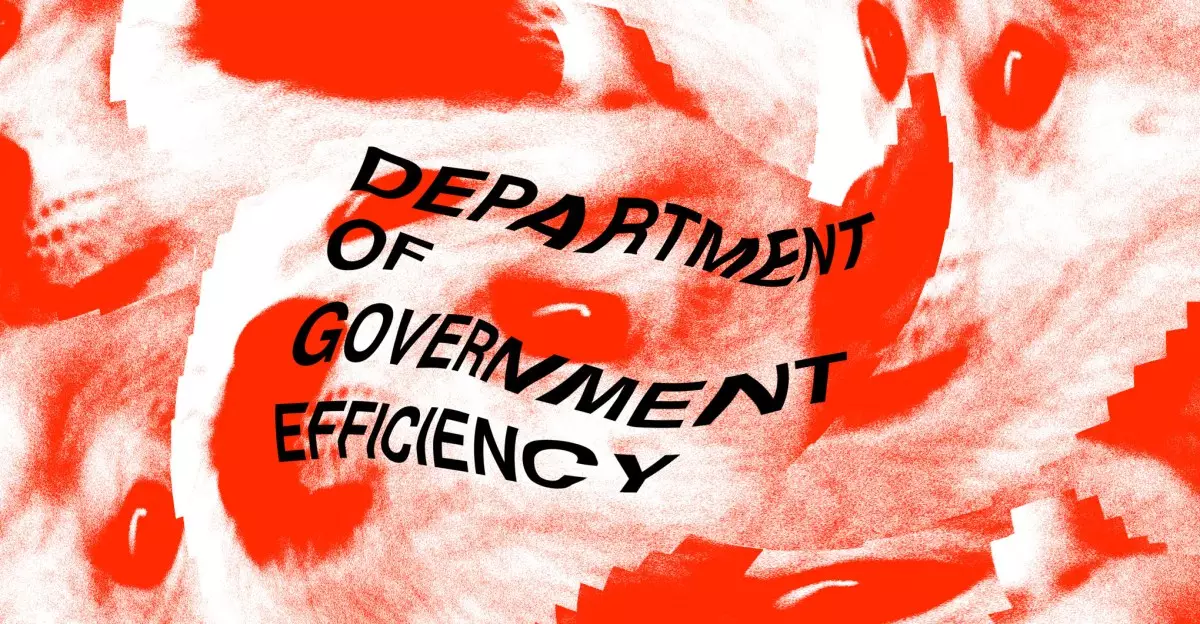In an audacious stride to modernize federal data accessibility, the Department of Government Efficiency (DOGE) under Elon Musk’s leadership proposes a “mega API” that promises to transform interactions between the Internal Revenue Service (IRS) and third-party software platforms. This move, reported by Wired, aims to provide a streamlined access point to IRS data, which could usher in improved efficiency and transparency in government operations. However, the ambitious nature of this initiative raises critical concerns about feasibility, data security, and the overarching role of technology in governance.
Challenges on the Horizon
The timeline DOGE has set for deploying this mega API is a mere 30 days, a target that seasoned IRS professionals argue is both unrealistic and potentially damaging. One IRS employee voiced skepticism, asserting that such a rapid rollout is technically unachievable and could “cripple” the agency’s operations. This urgency suggests a troubling disconnect between DOGE’s ambitions and the practical realities of government bureaucracy. The complexities inherent in IRS data—far beyond mere digitization—demand thorough understanding and careful planning, which cannot be expedited without risking significant operational setbacks.
Controversial Partnerships and Ethical Considerations
In its quest for this monumental API, DOGE has included discussions with third-party data analytics giants like Palantir, known for its controversial role in government surveillance. The implications of collaborating with a company that operates at the intersection of data collection and privacy concerns cannot be overlooked. Critics question whether this approach serves the public good or merely facilitates broader government oversight, especially when mixed motivations about immigration enforcement and government efficiency rise to the surface.
Additionally, the push to lift restrictions on internal IRS data access has raised eyebrows, including sharp rebukes from Senator Ron Wyden and others who see this as an unwarranted intrusion into the agency’s data protection protocols. The tension between technological advancement and ethical governance is palpable, warranting a critical examination of who truly benefits from such initiatives.
A Talented Team or a Recipe for Disaster?
At the helm of this bold venture are Gavin Kliger and Sam Corcos, the latter described as a health-tech CEO with little experience in tax-related matters. The juxtaposition of youthful exuberance against an established institution like the IRS highlights a broader trend in government innovation: a push toward disruption that often overlooks the delicate intricacies of policy and regulation. The success of such a monumental project hinges not only on technological capability but on an understanding of the legislative and human factors that govern agency functionality.
The Future of Digital Governance
While the idea of a centralized API for IRS data harbors the potential to enhance government efficiency significantly, it simultaneously poses substantial risks. As the digital transformation of governance unfolds, it’s crucial to balance technological advancements with ethical stewardship and practical considerations. The path to a truly effective mega API will demand not just cutting-edge technology, but also a commitment to transparency, accountability, and above all, an informed approach that prioritizes the needs of citizens over innovative headline-grabbing initiatives.

